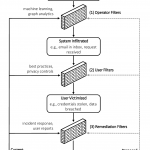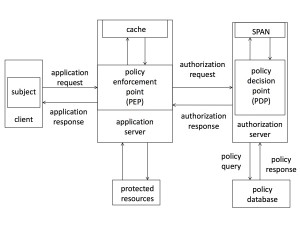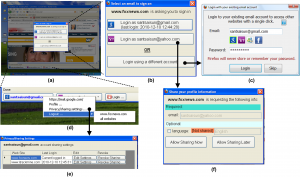 The orthodox paradigm to defend against automated social-engineering attacks in large-scale socio-technical systems is reactive and victim-agnostic. Defenses generally focus on identifying the attacks/attackers (e.g., phishing emails, social-bot infiltrations, malware offered for download). To change the status quo, we propose in our paper presented at NSPW ’16 to identify, even if imperfectly, the vulnerable user population, that is, the users that are likely to fall victim to such attacks. Once identified, information about the vulnerable population can be used in two ways. Continue reading
The orthodox paradigm to defend against automated social-engineering attacks in large-scale socio-technical systems is reactive and victim-agnostic. Defenses generally focus on identifying the attacks/attackers (e.g., phishing emails, social-bot infiltrations, malware offered for download). To change the status quo, we propose in our paper presented at NSPW ’16 to identify, even if imperfectly, the vulnerable user population, that is, the users that are likely to fall victim to such attacks. Once identified, information about the vulnerable population can be used in two ways. Continue reading
Category Archives: distributed systems security
Going After Vulnerable Population to Defend It
Speculative authorization and its sibling ideas
Performance overhead due to the authorization delays can be reduced if the access control decisions are pre-computed beforehand and placed into the cache of the policy enforcement point (PEP). LERSSE alumni Pranab Kini has explored the design space for speculative authorizations. A journal version of his thesis has been recently published IEEE Transactions on Parallel and Distributed Systems.
Towards Usable Web Single Sign-On
OpenID is an open and promising Web single sign-on (SSO) solution. The research led by my Ph.D. student San-Tsai Sun investigates the challenges and concerns web users face when using OpenID for authentication, and identifies what changes in the login flow could improve the users’ experience and adoption incentives. Continue reading


